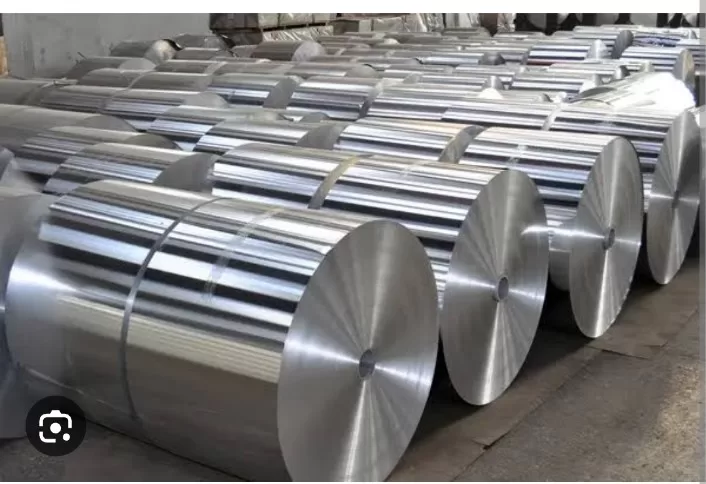In a significant move, India has levied a five-year anti-dumping duty on specific categories of Chinese steel imports, signaling its commitment to safeguard domestic industries. This decision comes on the heels of a staggering 62% surge in steel imports from China to India between April and July, compared to the corresponding period the previous year.
During this period, India’s steel imports reached an all-time high in 2020, witnessing a notable 23% increase, totaling 2 million metric tons. China emerged as the second-largest steel exporter to India, narrowly trailing South Korea.
Steel secretary Nagendra Nath Sinha underscored the government’s vigilance in monitoring steel imports, in response to concerns expressed by the domestic industry regarding potential unfair trade practices employed by Chinese suppliers. It’s worth noting that China’s primary steel exports to India consist of cold-rolled coils and sheets.
This assertive action by India mirrors similar deliberations on the global stage. The United States and the European Union are actively engaged in discussions aimed at devising new trade tariffs, particularly targeting excessive steel production, notably from China. These measures are seen as efforts to level the playing field and curb practices that gain an unfair advantage from non-market mechanisms.
These negotiations form part of the Global Arrangement on Sustainable Steel and Aluminum, a framework that the EU and the Biden administration have been deliberating since the previous year. This endeavor seeks to resolve a longstanding trade dispute that originated when former US President Donald Trump imposed tariffs on metal imports from Europe, citing national security concerns. Currently, both the US and the EU maintain approximately 25% tariffs on various steel imports as safeguard measures.
The implementation of these measures reflects a broader international effort to foster fair trade practices in the steel industry and ensure its sustainability in the long term.




